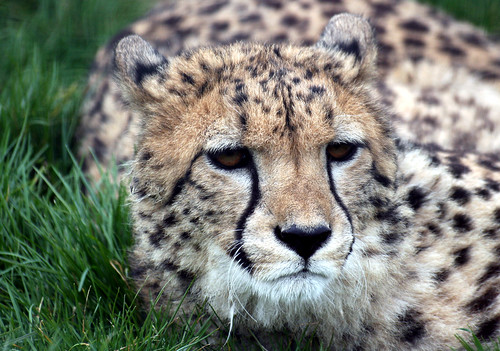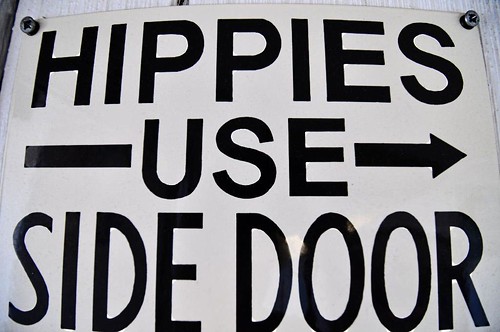The threatened extinction of several species of big cats (tigers, leopards…) is seen as an entirely separate issue from the overpopulation of the domestic house cat. I don’t think so. Compassion for one equals compassion for the other, and compassion starts at home.
To start, big cats are in serious trouble. Many species are nearing extinction. It’s not just “survival of the fittest” or other natural causes. The problem is that large predators (a misunderstood necessity in the food chain) require vast amounts of undisturbed territory to hunt. Humans destroy their territory, mainly for lumber. Even worse, due to folklore and the mystery surrounding these animals, big cats are frequently killed by poachers for their fur, teeth…
Far more visible to human society is the domestic version of the cat. Many people consider them friends, and may share their home with a couple of them. Many other people consider them a nuisance. Most communities kill a significant number of abandoned (often due to landlords who refuse to allow pets or to highly treatable allergies), lost, and feral domestic felines in the name of animal control. This is totally preventable. First, breeding should be strictly restricted to breed preservation. Providing free/low cost spay neuter services in every community is just as important as providing birth control clinics for people.
The current system euthanizes “unadoptable” healthy cats. This teaches that life is worthless and expendable. If Earth as a society is to be “humane” to companion animals and promote a compassionate relationship with wild neighbors, there needs to be a new standard. Some domestic cats were not exposed to humans in their early lives and are feral and therefore cannot be adopted into a human home. Killing millions of these feral cats is not humane nor does it solve the problem because millions of animals are born to replace those killed. The now widely adopted standard is TNR (trap, neuter, release). Feral cats are trapped in live traps, altered so they can’t reproduce, and returned to wherever they were found. These altered animals take the place of those who will reproduce in vast numbers, leading to overall population reduction.
No loving, friendly companion animal needs to be homeless. We live in a world of lonely, stressed out people. With supportive services, disabled, elderly, and struggling families can learn love and responsibility. Pet food banks, low cost veterinary clinics, and low cost adoption of older pets all help pets get and keep homes. I also think therapy cats should be donated to group homes, nursing homes, and others who need companionship.
What can you do to be a good friend to felines?
*Donate to wildlife conservation funds.
*See
Petfinder for adoptable cats at local shelters and rescues.
*If you own rental property, please, please allow pets. Pets don’t destroy property like people do. Keep in mind that carpet is not the best flooring choice anyway (consider easy clean linoleum, wood laminates, or replaceable carpet tiles). If you provide furnishings, offer either secondhand furniture or durable metal furnishings.





